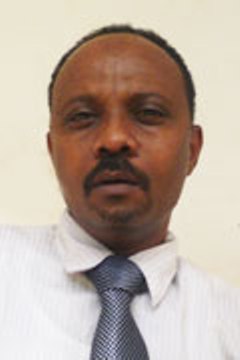Sudanese court cancels ban of writers union
December 12, 2016 (KHARTOUM) – A Sudanese appeals court earlier this month has cancelled a decision to close the Sudanese Writers Union (SWU), a move that civil society groups have welcomed hoping that it would set a precedent and be used as a standard in subsequent cases.

On 29 January 2015, the Registrar of Cultural Groups at the Ministry of Culture issued a decision to cancel the registration of the SWU, amid a wider crackdown on what the security apparatus described as “pro-opposition” civil society groups.
The Administrative Court of Appeal in Khartoum on first of December ruled that the SWU didn’t carry out activities contrary to the Regulations Act of National Cultural Communities Activities.
At the time, the security authorities claimed that the group worked closely with the opposition parties to mobilise the public against the regime.
The Confederation of Sudanese Civil Society Organisations (CSCSO) welcomed the ruling, saying that it shows that the SWU didn’t transgress the law or its own statutes.
“This event carries great significance, given the positive message it sends to a large number of civil society organisations which continue to face legal, judicial, and administrative decisions,” said the CSCSO in a statement issued on Sunday.
Between December 2014 to February 2015, Sudanese security agencies raided and closed several civil society groups, accusing them of promoting opposition calls for regime change and democratic rule.
The statement further underlined the case of six people affiliated with the Centre for Training and Human Development (TRACKS) who since May 2016 are facing charges that could lead to the death sentence and life imprisonment.
(ST)
